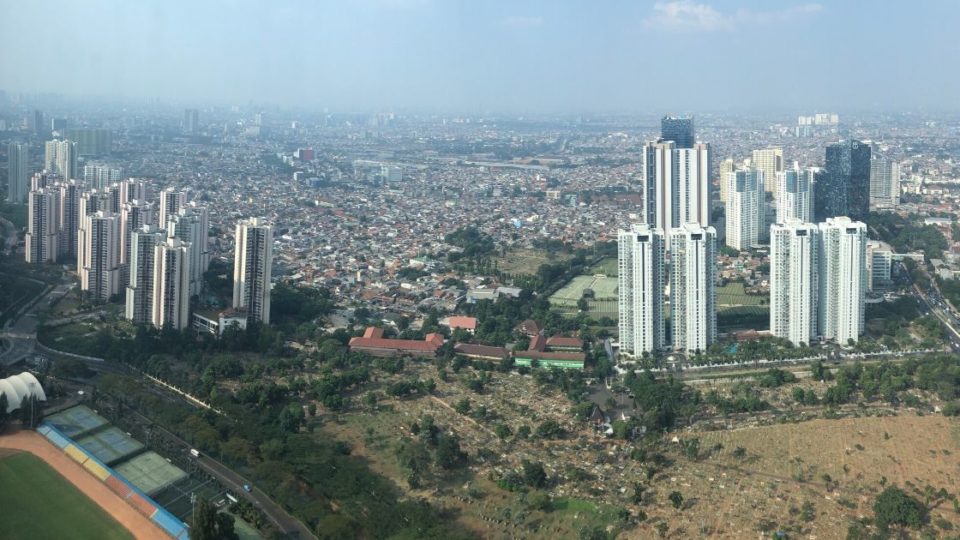Jakarta is under pressure from the central government and health experts to once again put the capital under lockdown, as loosened restrictions have predictably led to spikes in COVID-19 cases.
The city is currently transitioning away from the Large-Scale Social Restrictions (PSBB) protocol, which practically amounts to a partial lockdown, with the easing of restrictions on public activities. PSBB Transisi, as the policy is locally known, is up for evaluation when this current phase ends on July 16.
Ever since PSBB Transisi was enforced on June 4, Jakarta saw a gradual increase of new COVID-19 cases. Prior to the policy, Jakarta regularly registered around 100 new cases per day, but ever since PSBB Transisi was enforced, around 200 new cases daily has become the norm, especially in July. The record for most daily increase occurred during PSBB Transisi, with 404 new cases on July 12.
The unenviable record was highlighted by President Joko Widodo during the cabinet’s daily COVID-19 briefing the following day. The president sounded caution to Jakarta and called for tougher measures to prevent a larger outbreak.
Health experts agree that returning to strict restrictions, at least to the level of what it was under PSBB, is necessary at this point in time.
“From the beginning, PSBB was a form of loose government intervention. But with the transition it became even more loose that there is no point to it,” said Hermawan Saputra, who sits on the board of the Jakarta chapter of The Association of Indonesian Public Health Experts (IAKMI).
Public policy expert Trubus Rahadiansyah said public complacency towards the outbreak was a direct result of the Jakarta Provincial Government enforcing PSBB Transisi.
“PSBB Transisi is essentially an unclear policy that led to the public becoming negligent. This amounts to allowing transmissions to happen,” he said, while calling on Governor Anies Baswedan to have the courage to put Jakarta under strict lockdown.
As of July 14, Jakarta has confirmed 15,064 COVID-19 cases, with 9,528 recoveries and 701 deaths. Currently, 4,053 active cases are patients in voluntary isolation, while 619 are in hospital care.
Jakarta is the province with the second-highest caseload in Indonesia, behind East Java with 17,230 cases.




